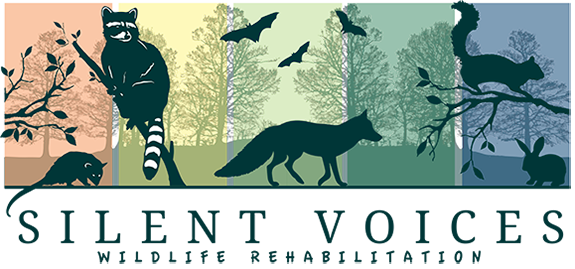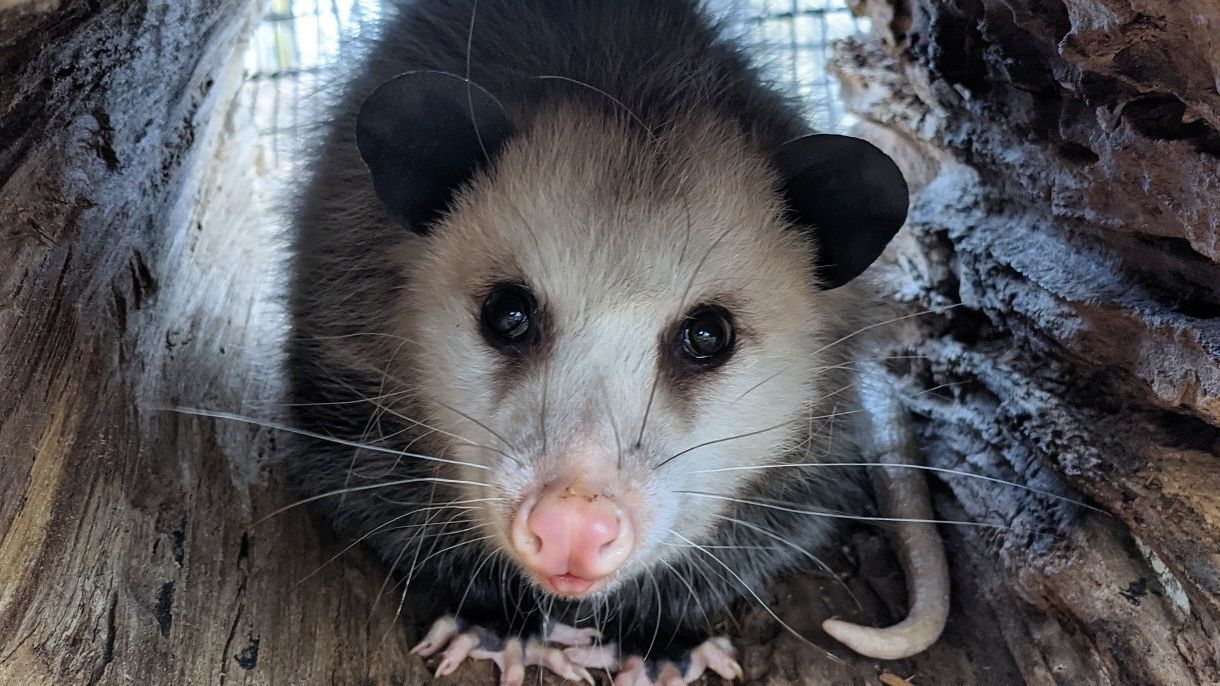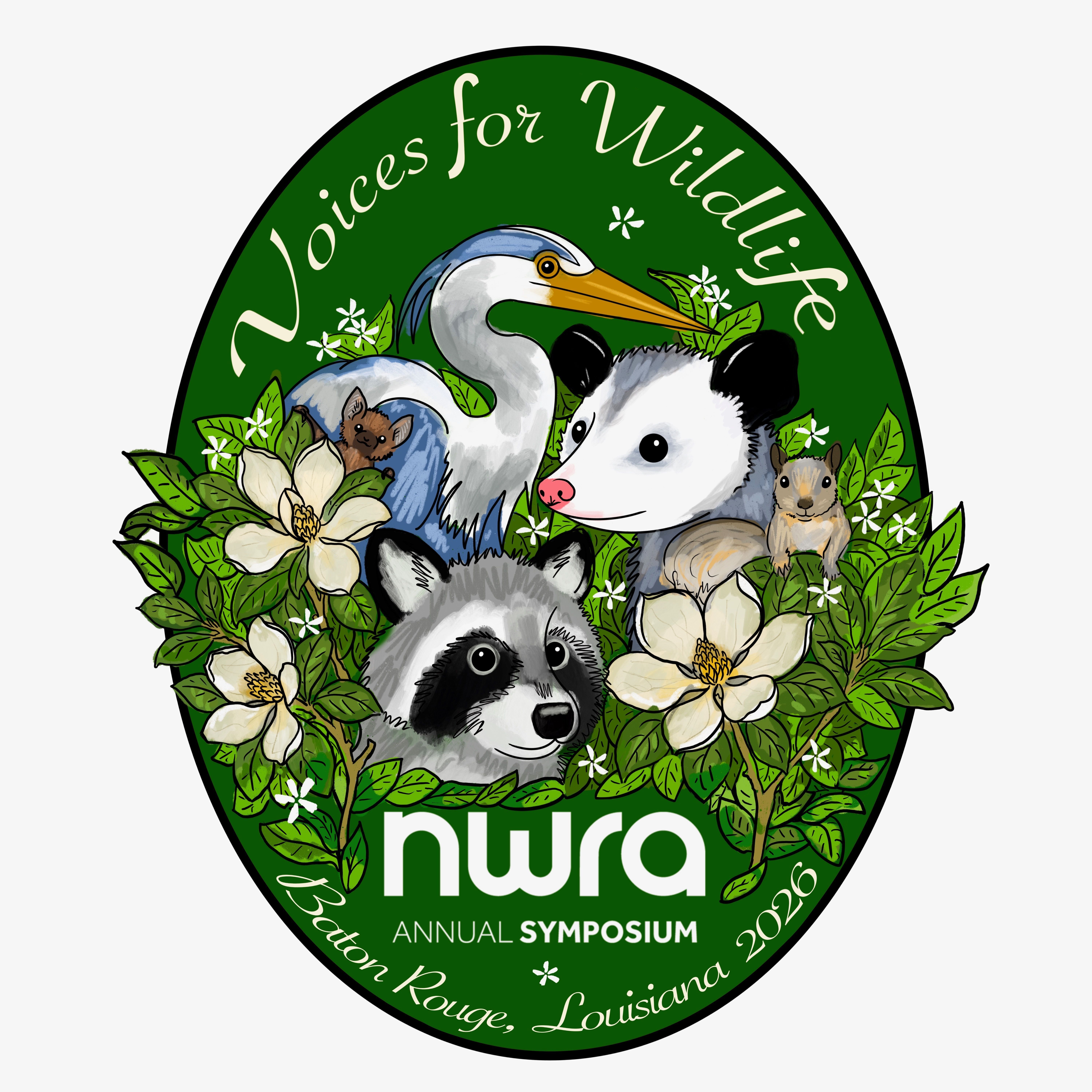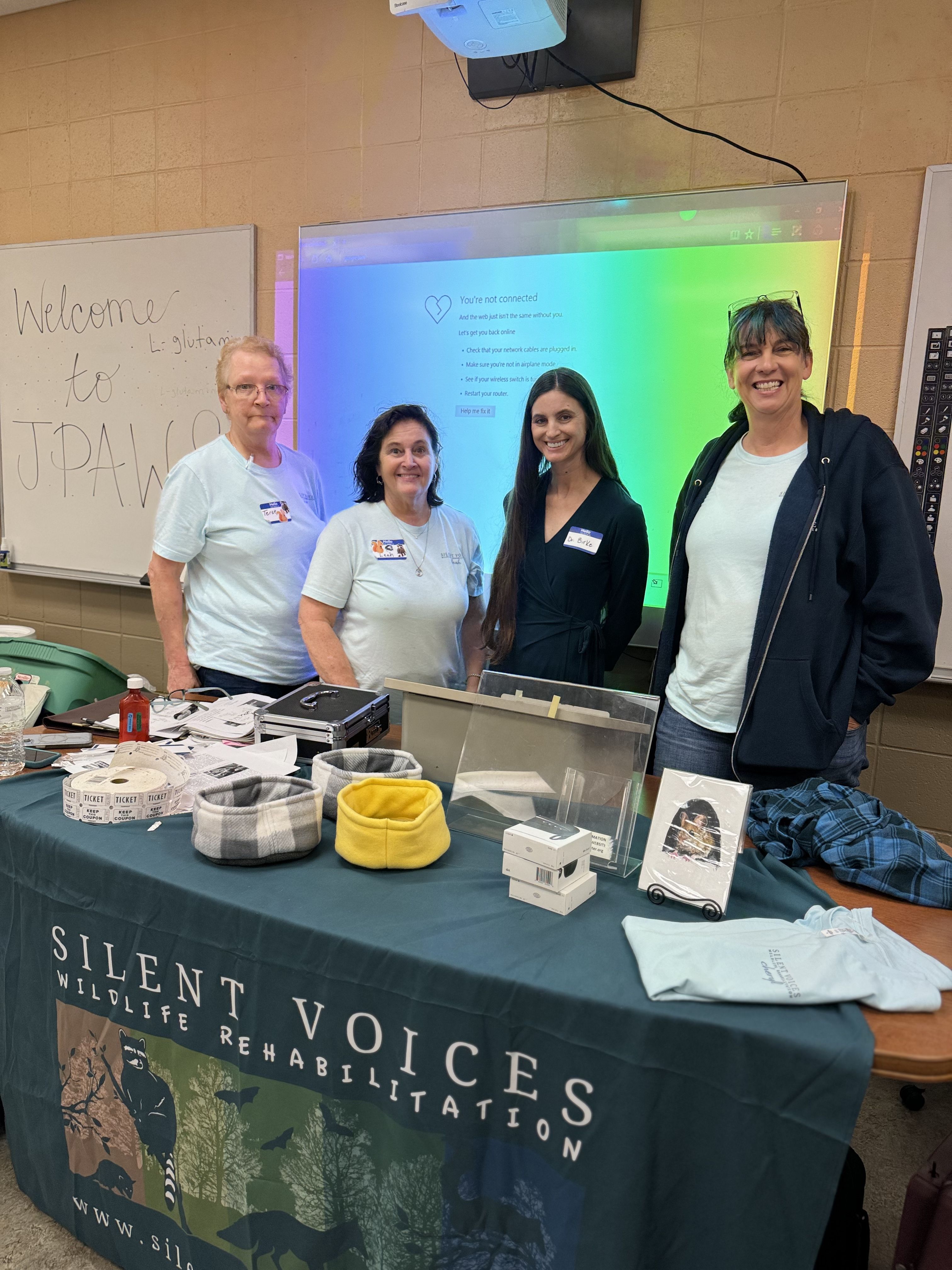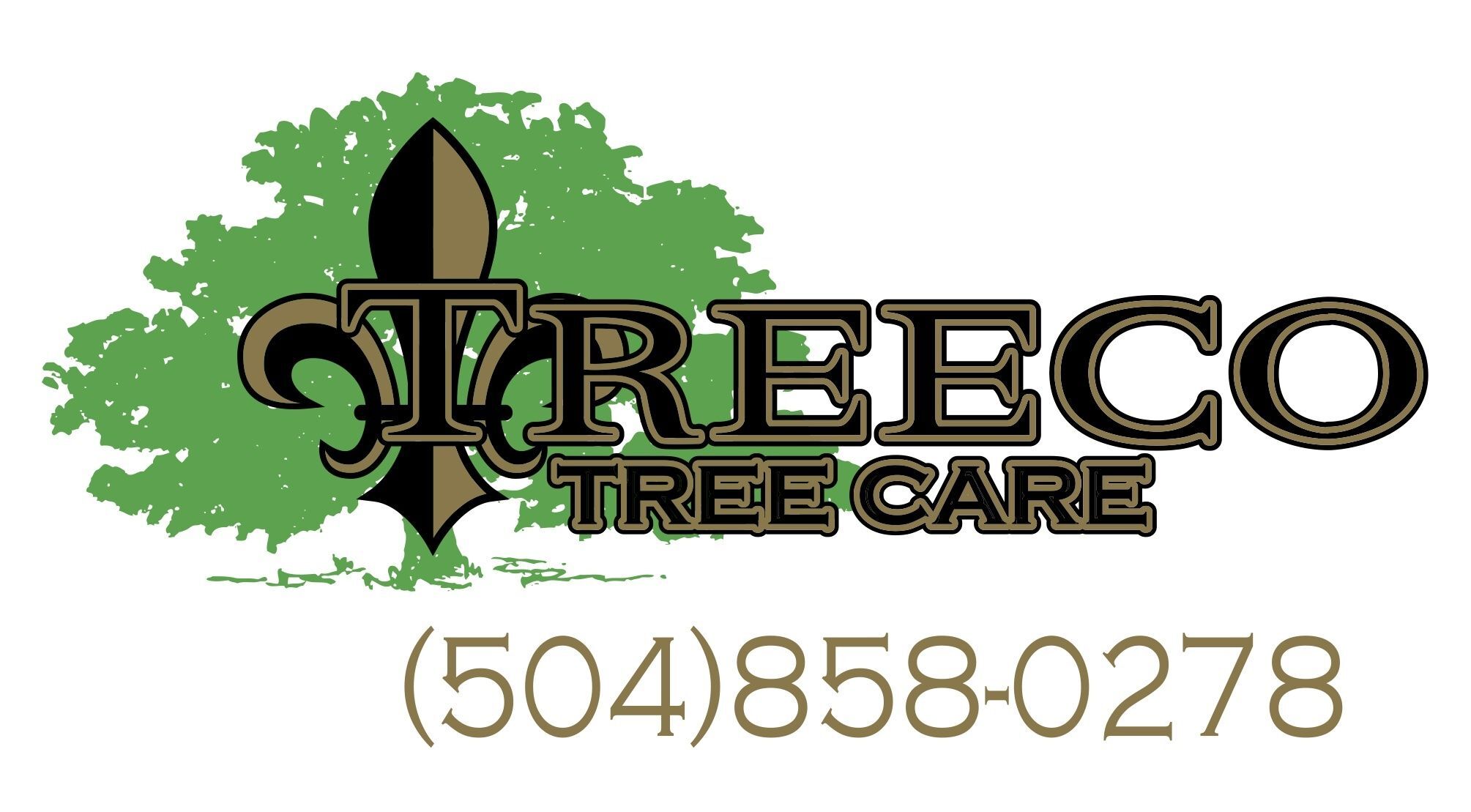
Working as a wildlife rehabber is a rewarding experience that allows individuals to care for and rehabilitate injured or orphaned animals. However, the process of obtaining a wildlife rehabber license can be quite challenging. Let's explore some of the reasons why this is the case:
Wildlife rehabilitation requires specialized knowledge and skills to properly care for a variety of wild animals. Licensing authorities often require applicants to demonstrate their expertise through training programs, exams, and practical experience.
Wildlife rehabbers must adhere to strict legal regulations to ensure the well-being of the animals in their care. Licensing agencies impose stringent requirements to protect both the animals and the environment.
Obtaining a wildlife rehabber license may involve meeting specific facility requirements, such as having adequate space, equipment, and resources to provide proper care for the animals. This ensures that the animals receive the necessary treatment and rehabilitation services.
Wildlife rehabbers must operate ethically and follow established guidelines to promote the welfare of the animals. Licensing bodies assess applicants' commitment to ethical practices and animal welfare before granting a license.
While the process of getting a wildlife rehabber license may be challenging, it is essential for maintaining the highest standards of care and protection for wildlife. By understanding and addressing the reasons behind the difficulty, aspiring wildlife rehabbers can better prepare themselves for this fulfilling but demanding role.
